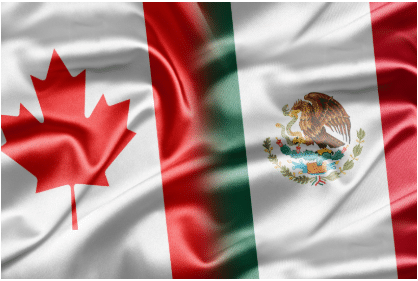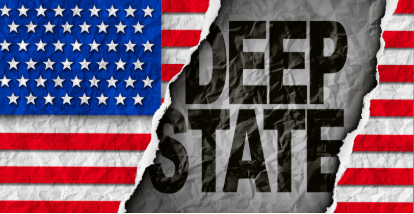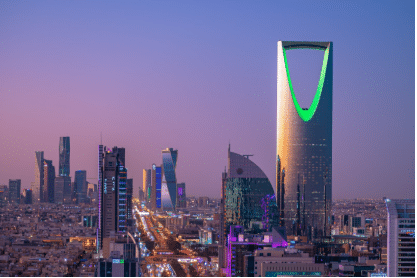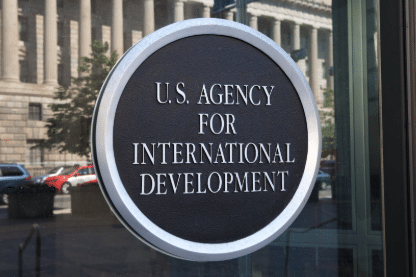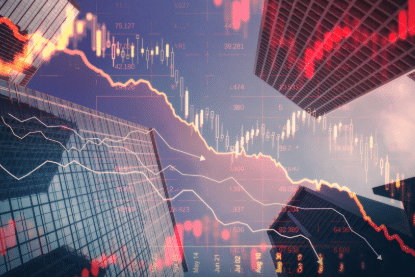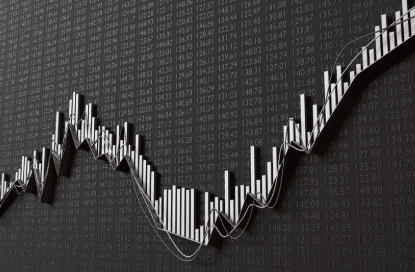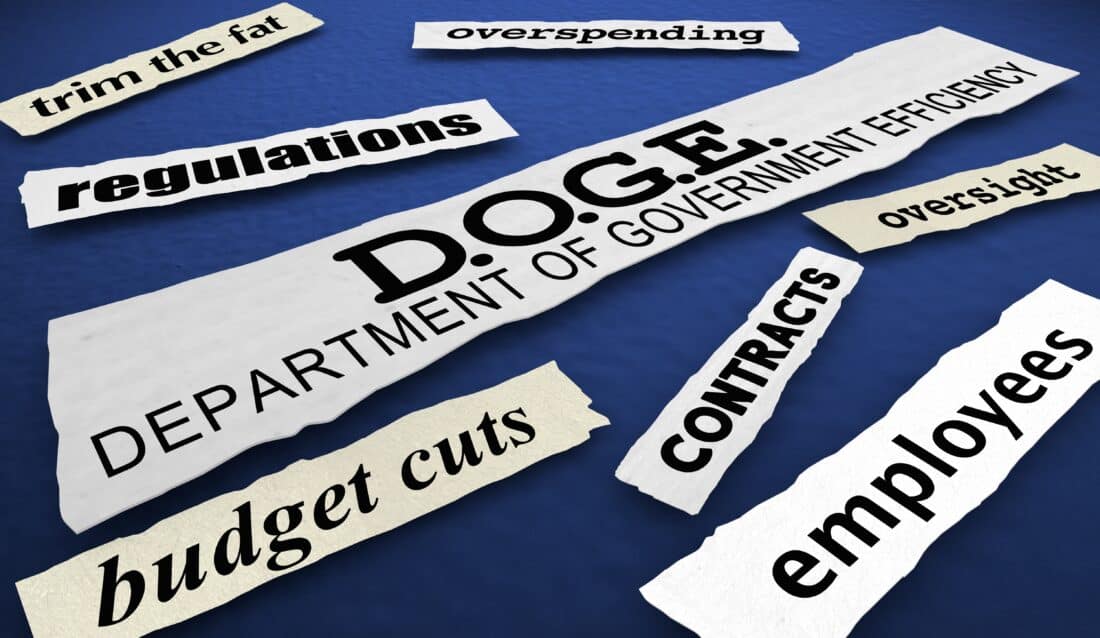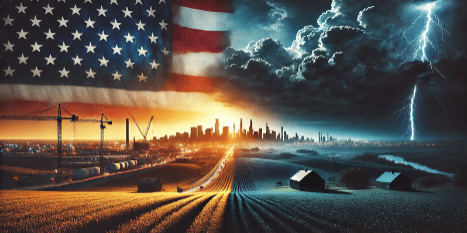
Trump 2.0: What to Expect if Trump Wins
If Trump pulls out a win, we’re talking about far more than a mere election upset; this will be a political and economic tremor with aftershocks felt for decades. But don’t let the surface-level debates distract you—what lies beneath is a seismic shift in power, policy, and perception, one that will throw the elites into disarray and potentially recalibrate the very foundations of America’s institutions. Let’s dig into each element, examining the consequences with an eye on the hidden agendas and historical precedents shaping the landscape.
Trump’s Economic Warfare: A New Fed Agenda or Market Carnage?
One of Trump’s likely targets, should he return to office, is the Federal Reserve. Jay Powell’s tenure has faced relentless criticism from Trump, who blames the Fed for economic swings and soaring inflation. If Trump succeeds in replacing Powell, or even just intimidating the Fed into shifting its monetary policy, we’re looking at a stark departure from the institution’s recent playbook. Here’s the historical wrinkle: in the 1980s, Ronald Reagan pushed then-Fed chair Paul Volcker to throttle inflation with painful interest hikes, triggering a recession but also taming runaway inflation. Trump might pursue a similar path but with his own brand of populism, aiming to reduce inflation without sacrificing growth. His weapon of choice could be unleashing a flurry of deregulatory and pro-energy policies to spur economic productivity—at least, that’s the narrative. But the unspoken risk? Uncontrolled volatility.
The Fed has artificially kept asset bubbles afloat for years with low rates and aggressive bond-buying, laying a precarious foundation. Should Trump pursue deep tariff-based tax reform, as some allies have floated, that revenue shift might upset the delicate balance of trade and banking. The question is whether the promised productivity gains will materialize before markets feel the shock. Imagine the U.S. economy without a heavily regulated Federal Reserve at its helm—it would be a radical departure, one that could return American finance to its pre-centralized roots or risk toppling the entire banking system.
Immigration: Will Trump Double Down, or Is It All Talk?
Trump’s hardline stance on immigration evokes memories of Eisenhower’s “Operation Wetback” in the 1950s, where mass deportations targeted undocumented workers with questionable legal safeguards. Trump’s critics decry this approach as brutal, but his supporters argue that unchecked immigration destabilizes labor markets, burdens taxpayers, and fuels crime. The real debate is whether his vision of “reverse amnesty” could genuinely work in today’s globalized economy.
While economic hawks claim removing undocumented workers wouldn’t damage the labor market, this sidesteps a crucial fact: America’s working-class job market has been flooded with cheap labor to support corporate interests for decades. Many industries rely on this workforce as a buffer for low wages and limited benefits. Trump’s proposition to incentivize voluntary departures might reduce political blowback, but without structural change to America’s labor dynamics, any short-term gains could quickly evaporate.
Regulatory Retrenchment: Will Deregulation Revive America?
A Trump win would likely initiate a historic reversal of regulatory overreach, focusing on sectors like energy and technology. The elimination of Chevron deference by the Supreme Court—where agencies get to interpret ambiguous laws in their favor—has already tilted power back toward elected officials, opening the door for Trump to slash agency mandates.
Yet, what’s often missed is that heavy deregulation cuts both ways. Past deregulatory waves under Reagan and Clinton bolstered economic freedom but also led to corporate monopolies that left small businesses strangled. Trump’s promise to be a champion of “Little Tech” over “Big Tech” sounds like a play to reinvigorate entrepreneurship, but it’s equally plausible he’s just setting the stage for new power brokers to emerge, ones with more Trump-friendly loyalties. If history has shown us anything, it’s that regulatory reform often leaves behind as many casualties as victors.
Foreign Policy: Can Trump Outsmart the Hawks?
Trump’s stance on NATO, Ukraine, and Russia reveals his deep-seated skepticism of the military-industrial complex—a behemoth that profits from perpetual conflict. His pledge to end the Russia-Ukraine war will send Washington’s entrenched neocons into a frenzy, but it’s a reminder of how far America has strayed from its post-WWII role as a peacekeeper.
His approach bears a striking resemblance to Nixon’s diplomatic outreach to China in the 1970s—an act of realpolitik that defied the Cold War’s orthodoxy. But where Nixon’s gamble helped end a prolonged period of hostility, Trump’s critics warn that appeasement could embolden adversaries. With Europe’s economy already reeling and Ukraine fighting a war it’s losing, Trump’s bet on diplomacy might end the bloodshed, but don’t expect the hawks to accept defeat quietly. Neocons entrenched in Washington’s power corridors won’t abandon their mission to project American power globally just because Trump calls for peace.
The Cultural Tug-of-War: Big Business Reconsidering Its Alliances?
Trump’s potential realignment with “Little Tech” and his support for traditional industries over Silicon Valley giants signal a philosophical shift. For the last two decades, Big Business cozied up to Big Government, feeding off regulations that crushed smaller competitors. Trump’s new alliance hints at a rebellion against this power cartel, but let’s not mistake this for a populist crusade.
Trump isn’t here to dismantle corporate America; he’s aiming to reform it in his image. He could empower a new breed of industries, rewarding those who align with his vision while sidelining the woke-leaning giants of today. The history here is telling: post-World War II, Eisenhower warned of the military-industrial complex—a self-sustaining system fueled by government contracts and war profits. Now, Trump’s version of “Little Tech” and “traditional energy” vs. “Big Tech” and “Green Energy” sets up a similar dichotomy, one that might empower entrepreneurs who reject progressive ideologies but could still keep power concentrated in the hands of a few.
A Reckoning for the Legacy Media?
The mainstream media, already wobbling, might face its greatest existential threat yet under a second Trump term. The legacy media has tied itself to one narrative for the better part of a decade, eroding public trust as they pushed a blatantly one-sided story. Trump’s return would be nothing short of a media apocalypse, one that could render the old guard obsolete in favor of independent platforms.
And it’s not just the media’s bias at stake—there’s an entire “Censorship Industrial Complex” at play here, woven between government, NGOs, and tech giants, all intent on controlling narratives. As censorship narratives unravel, Trump could seize this moment to dismantle or at least expose the institutional control over public discourse. But will new platforms emerge to fill the gap responsibly, or will the Wild West of misinformation take over?
On the Brink: AI, Energy, and the Future of American Productivity
A Trump agenda focusing on energy independence and nuclear revival could usher in an era of American productivity unlike anything since the postwar boom. But it’s AI that might be his wild card. Imagine an America with abundant, affordable energy powering AI-driven productivity gains across sectors—from manufacturing to healthcare. This could be transformative, but it also poses a stark dilemma. AI isn’t just a tool; it’s a battleground for the soul of information itself.
Here lies the contradiction: an AI-powered future could either democratize opportunity or reinforce the dominance of entrenched elites. Without a coherent strategy, Trump risks unleashing an AI boom that could further centralize power, exacerbating the very inequalities he claims to fight.
A Final Gambit: Can Trump Mend America’s Fractured Identity?
Trump has nothing to lose this time around, making his final term a high-stakes gamble. The question is whether he can unify even a portion of the country around a renewed American dream. Historically, transformative presidencies—like those of FDR or Reagan—left lasting legacies by forging unlikely alliances across the ideological spectrum. Yet, in an era this polarized, achieving unity might be impossible.
For all his bombast, Trump’s base sees him as a disruptor of the status quo, a breaker of chains. If he succeeds in even half his agenda, America’s institutional foundations—from the Fed to the legacy media—will be rattled, if not outright transformed. But the old guard isn’t going down without a fight, and the consequences of these upheavals may haunt the nation long after Trump exits the stage.
In this second coming, Trump might be remembered less for policy specifics and more for detonating the power structures that have quietly suffocated American enterprise and independence for decades. Win or lose, this election marks a historic inflection point—a choice between reasserting national sovereignty or succumbing to the globalist elite’s dream of a compliant, homogenized world.
Download Bill Brocius' Seven Steps to Protect Yourself from Bank Failure eBook and subscribe to our Dedollarize newsletter.


